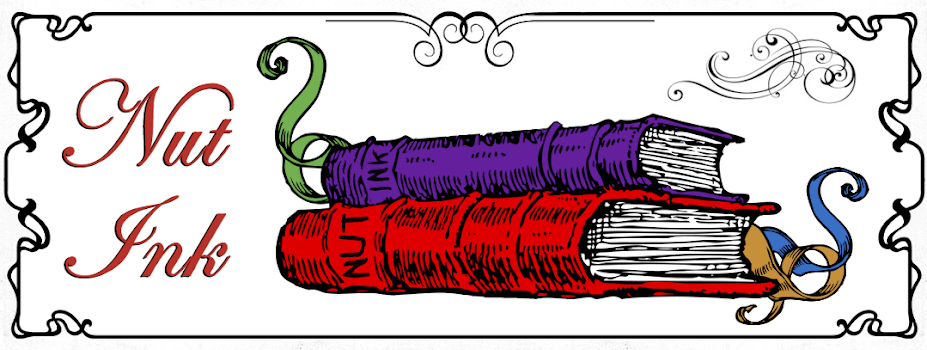Authors: Maureen Johnson / John Green / Lauren Myracle | Page Count: 368
'It's such a disaster, whenever, in the course of human relationships, someone begins to chisel away at the wall of separation...'
A collection of three novellas, one from each of the authors mentioned above, with a different take on the theme of 'holiday romance'. The holiday, if you hadn't guessed, is Christmas. The individual stories are linked by location and certain events overlap more than once, so it's more like a novel with changing authors as opposed to a traditional anthology collection.Appropriately, snow covered the ground on the days I read the book. The windows were closed and curtains purposefully pulled to hide it, but I knew it was there and I'd been caught in it a few times while out. It'll sound ridiculous, but I believe that being cold helped me appreciate more the situations the characters found themselves in. I'd hoped for some emotional warmth from the text to counteract the chilly settings, and in all three cases it was delivered; although the levels at which it was apparent did vary from one to the next.
It would be easy to single out a favourite, but the preference would be based on an empathetic response only and that's not a solid basis upon which to lay a criticism. None of the three stories was badly written. Each author had a clear vision that was communicated intelligently but in a slightly different way. One thing that's consistent throughout is the use of a first-person narrative, making the best of what the technique offers and skipping easily around the limitations.
I admit my instinct upon seeing the words 'holiday' and 'romance' together was urging me to snub it in favour of something more manly, but instinct was wrong on this occasion. It isn't chick-fic. It's suitable for all, or at the very least anyone who's ever been in an emotionally-challenging relationship.
If you're attracted to the collection because you're a fan of one specific author, try to resist the temptation to go directly to his/her story first. They’re arranged like they are for a reason and work better when read in that order.
3½ pigs of fate out of 5




